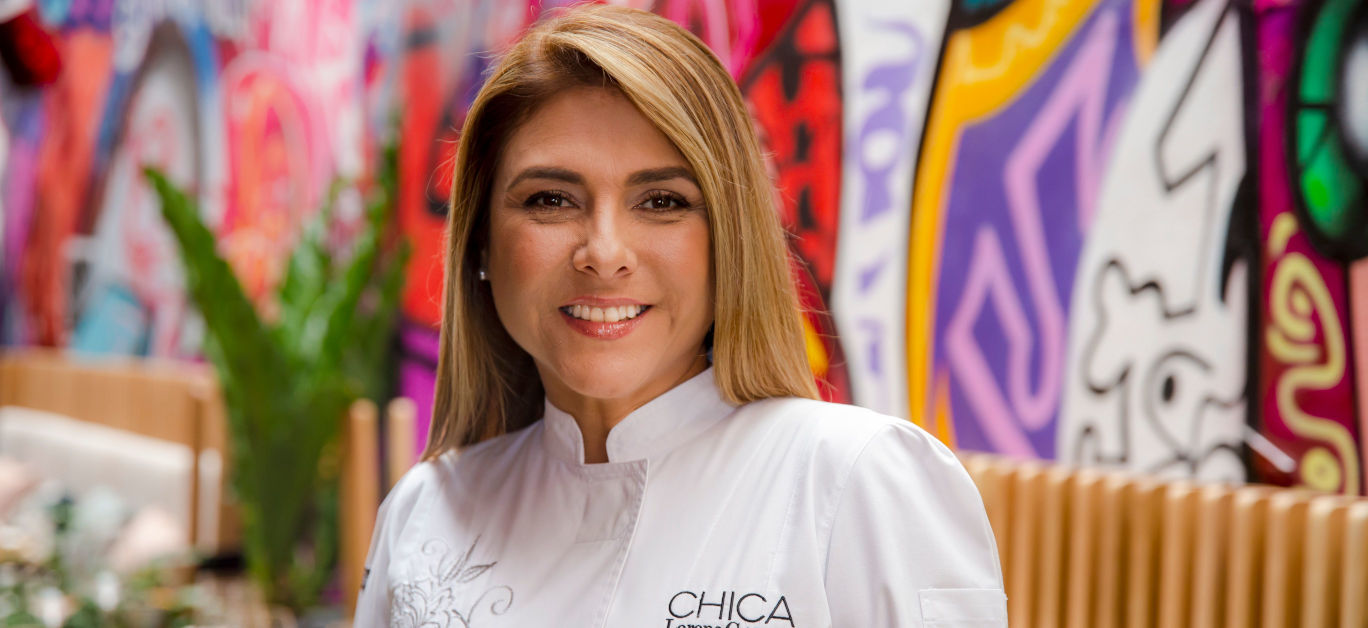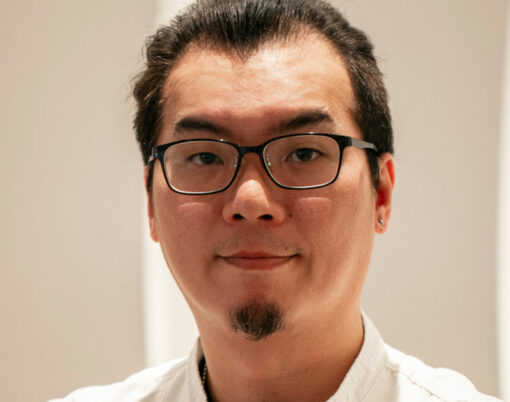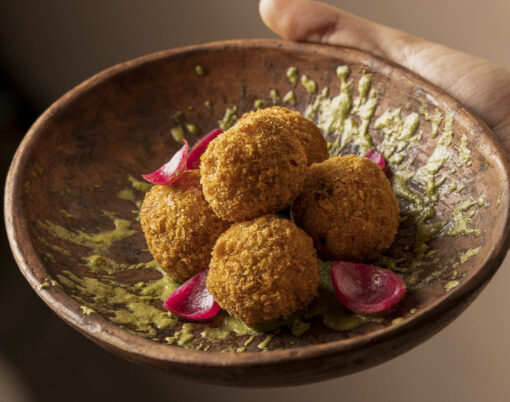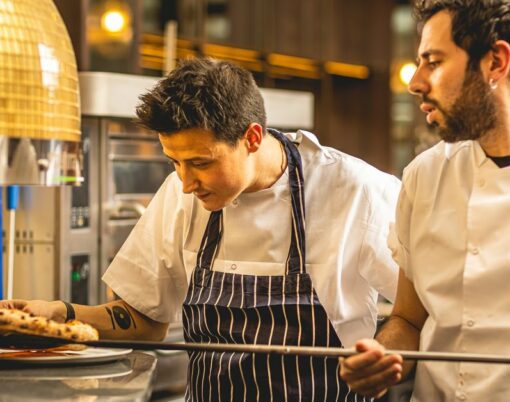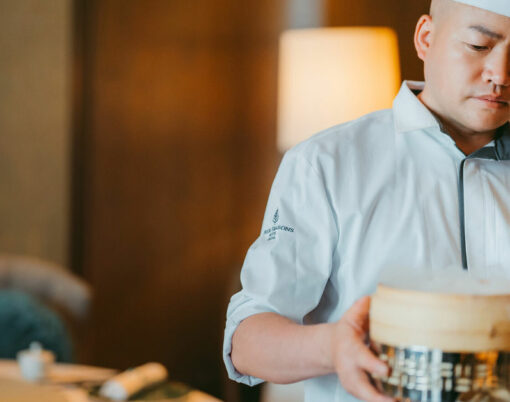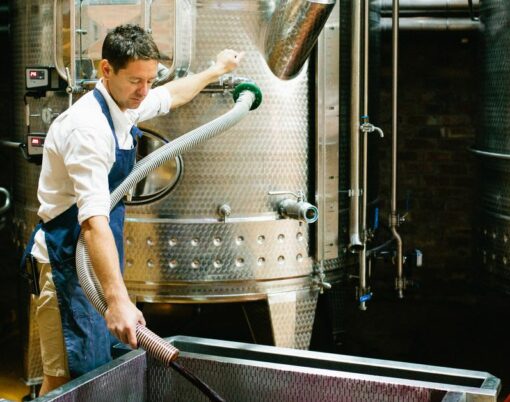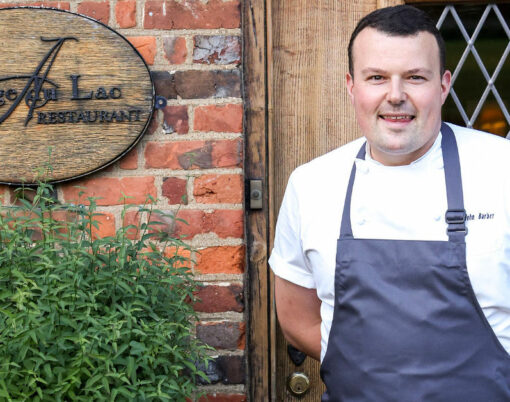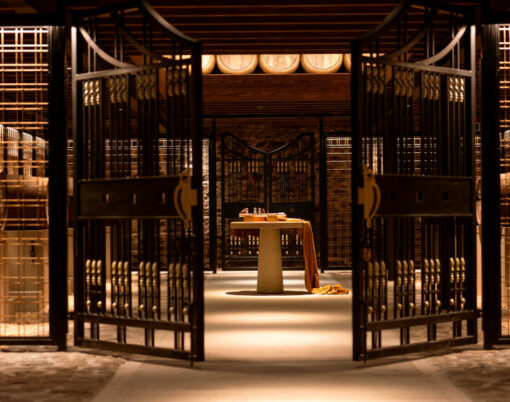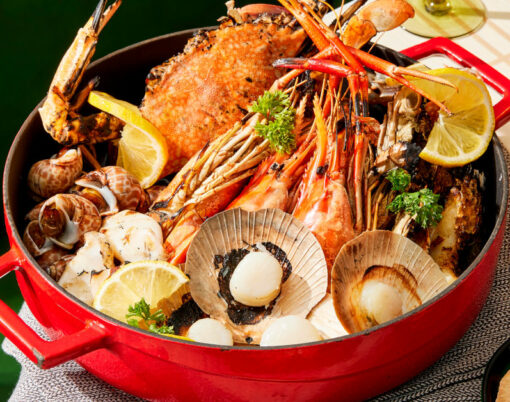Deliveroo dinner on Monday, a virtual wine tasting on Wednesday, and a cook-as-you-go supper club with a fine dining chef over Zoom on the weekend. As an avid restaurant goer, I’ve had to be creative in recreating the warmth, the excitement, and the overall kick of endorphins that eating out used to give me.
Like many people living through this pandemic, I’ve taken for granted the work and thought that goes into cultivating an amazing restaurant experience. From the host greeting you at the door, to the way the carefully-crafted words on the menu induces grumbles in your stomach, to the surprise dish that arrives on your table because the chef is trying out something new and wants your honest opinion, dining out has always been a way for us to disconnect and reconnect at the same time.
“Es fantástica la coincidencia!” says Ferran Adrià when I tell him that I celebrated my 2013 graduation dinner at Tickets (his brother Albert’s restaurant in Barcelona) and that the company I did a marketing internship with that year was responsible for the promotional materials for Bullipedia, his self-described “techno-emotional cooking encyclopaedia”.
It is a surreal experience to interview Adrià for this piece knowing that his former restaurant, elBulli, is still considered one of the greatest restaurants of all time. Named the best restaurant in the world five times, elBulli spearheaded the concept of molecular gastronomy and was the ultimate training ground for some of this era’s top chefs.
When I ask about any benefits the lockdown period has brought him, he says: “I have been dedicated to the elBullifoundation. We will try to help with everything related to knowledge, be it in terms of management, innovation, or anything related to cuisine. For this, we’ve applied the Sapiens methodology to management, innovation, and cuisine, and this turns into Bullipedia.”
With lockdown restrictions starting to ease and restaurants around the world getting ready to welcome guests again, I decided to speak to leading chefs and restaurateurs around the world and get their predictions on something that has been on every avid diner’s mind: What will the future of restaurants look like?
Ferran Adrià, elBullifoundation
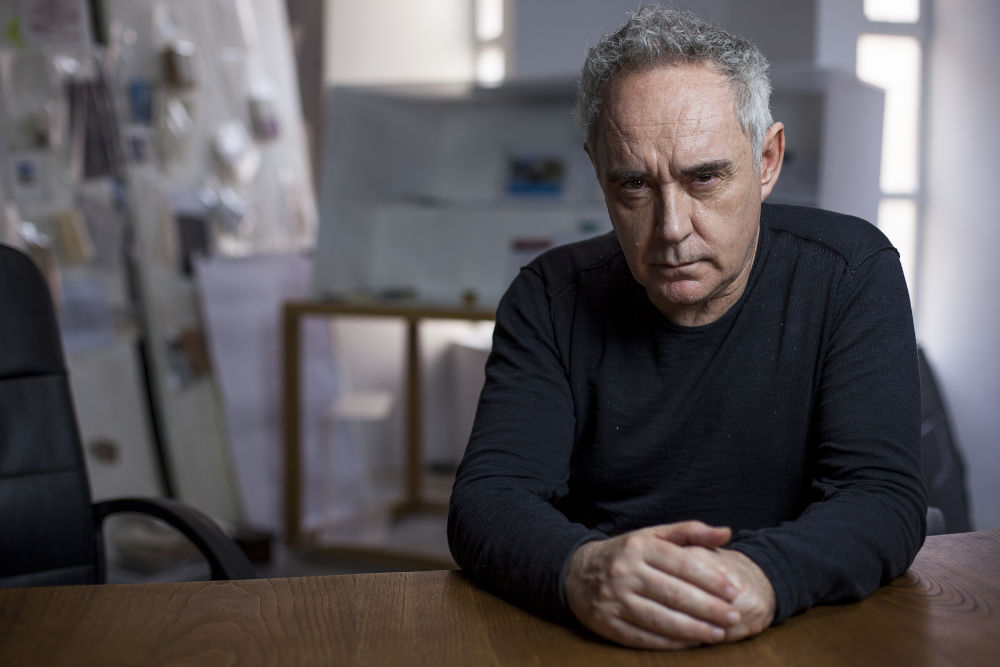
“Restaurants will stay the same, with an incredible variety in terms of formats and concepts. What is clear is that the crisis will make many disappear and it will be a while until we see new projects again, except for a few exceptions. For me, personally, the beginning of activities for elBulli1846 (the new exhibition lab which will open on the grounds of the former elBulli restaurant) on August 1st is the most important thing right now.”
Rowena Romulo, Romulo Café
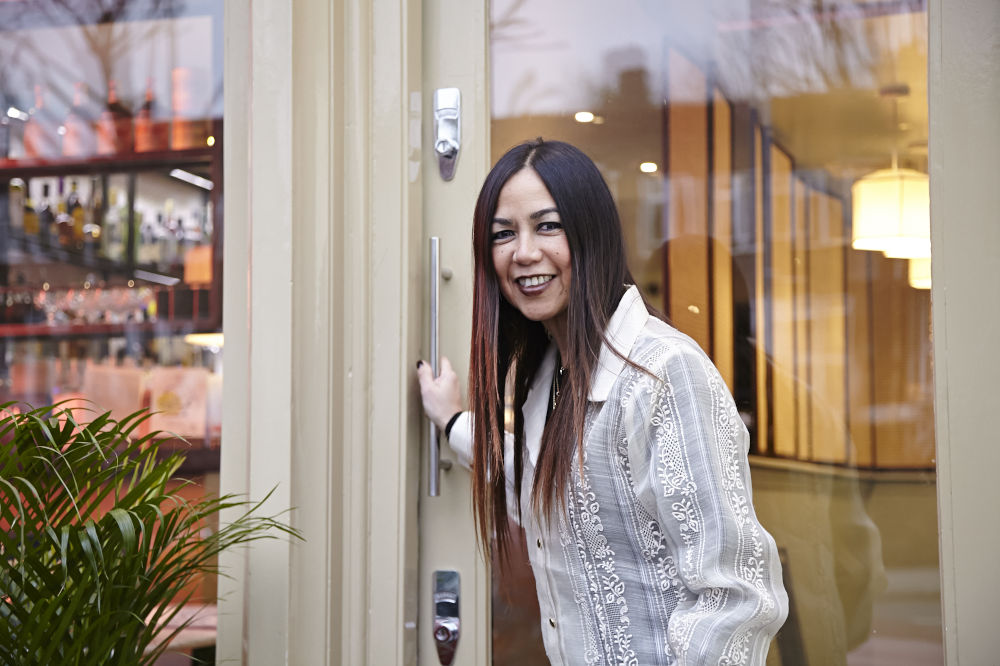
“I’m optimistic, even if the coronavirus did hit us and everyone else like a speeding train. Depending on who you speak to, people will either rush to eat out again or hibernate until we find a vaccine. Delivery and take-away have served as a useful bridge to where we’re headed. Those that pivoted early are already mentally, and to an extent, operationally prepared. We’ve adapted to reduced business hours and menus, expanded hygiene and safety measures, and strengthened a key part of our business.
“How well restaurants use technology to present their menus, take orders and process payments will hugely impact the customer experience. But more than ever, intuition, like cash, is king. What do people really want to eat? How much are they truly willing to spend? What won’t change are the principles behind hospitality: the warm welcome, the quality and value of our food and service. We may be behind Plexiglass or in bubbles, but physical distance doesn’t have to mean social distance. We’re still a people industry.”
David Carter, SMOKESTAK and Manteca
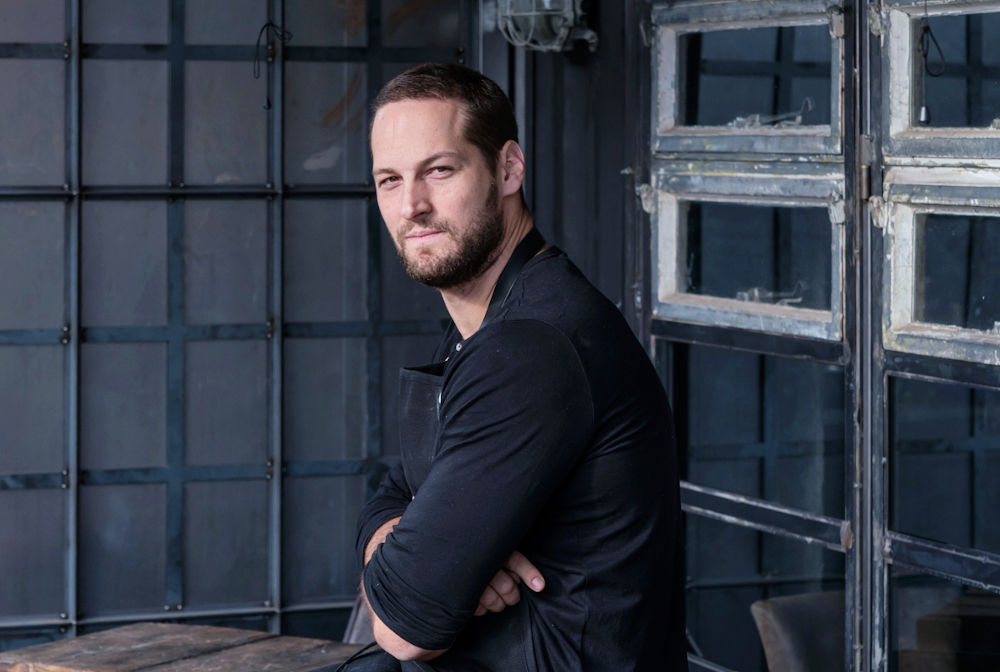
“As UK government-funded schemes, JRS in particular, wind up, so too will many restaurants. For those who survive, recovery will be slow as the stigma of ‘social’ distancing remains at the forefront of people’s minds, restaurants are social places after all. Take-out and delivery will continue to do well, but only at a fraction of the total expenditure experienced before the virus and in dine-in settings.
“As more restaurants open for take-away, cannibalisation will take place. We all need to share the pie, which is a good thing, we all want to see each other on the other side of this. DIY kits and ‘ready-meals’ by restaurants have the greatest potential as people have become very comfortable with the idea of home-cooking with an added bit of fun for the Master Chef in all of us.”
smokestak.co.uk
mantecarestaurant.co.uk
Chris Cosentino, Cockscomb, Rosalie, Acacia House, Jackrabbit
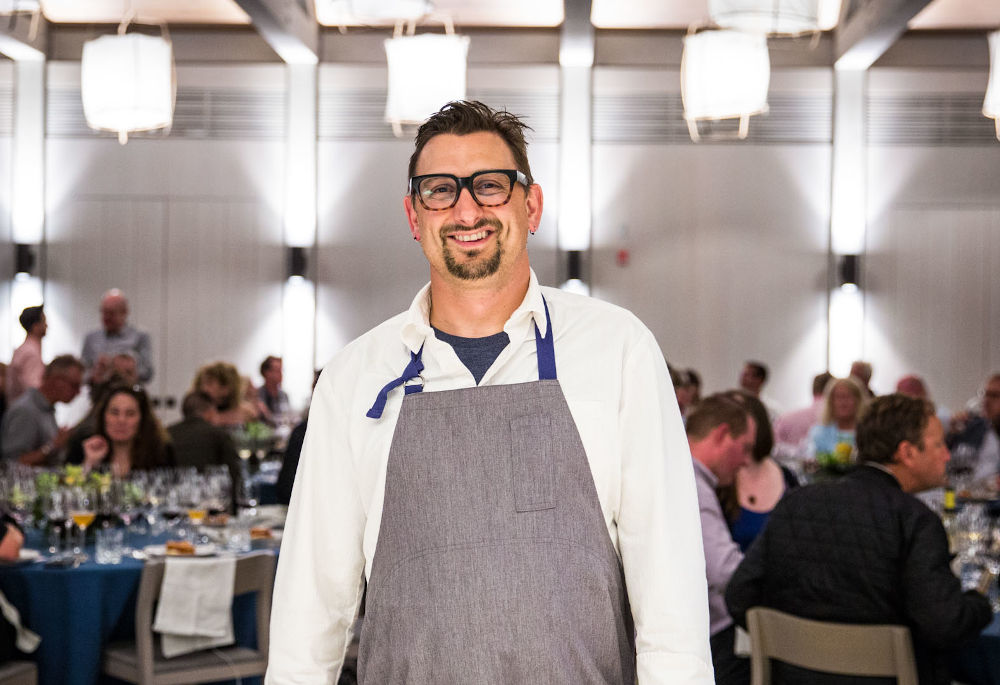
“I think restaurants will be a multifaceted experience moving forward. To start, there will be take-away options and meal kits for people to finish at home with instruction from the chef and team. Also adding high-end groceries that are curated by chefs, special farmers, and ranchers to the local guest with the flavour and care from the chef and restaurant they love, but at home. All this while also trying to give the best sense of hospitality and safety to the guests once the ability to dine in starts up.
“It’s all about the meaning of hospitality, making people feel great about enjoying a meal without having to do their dishes anymore. The biggest issue will be making this a financially viable business for the restaurant again. To do so, we will need to simultaneously be great at everything: take-away, meal kits, and amazing dine-in service. That is the new normal for our industry’s future.”
Aji Akokomi, Akoko
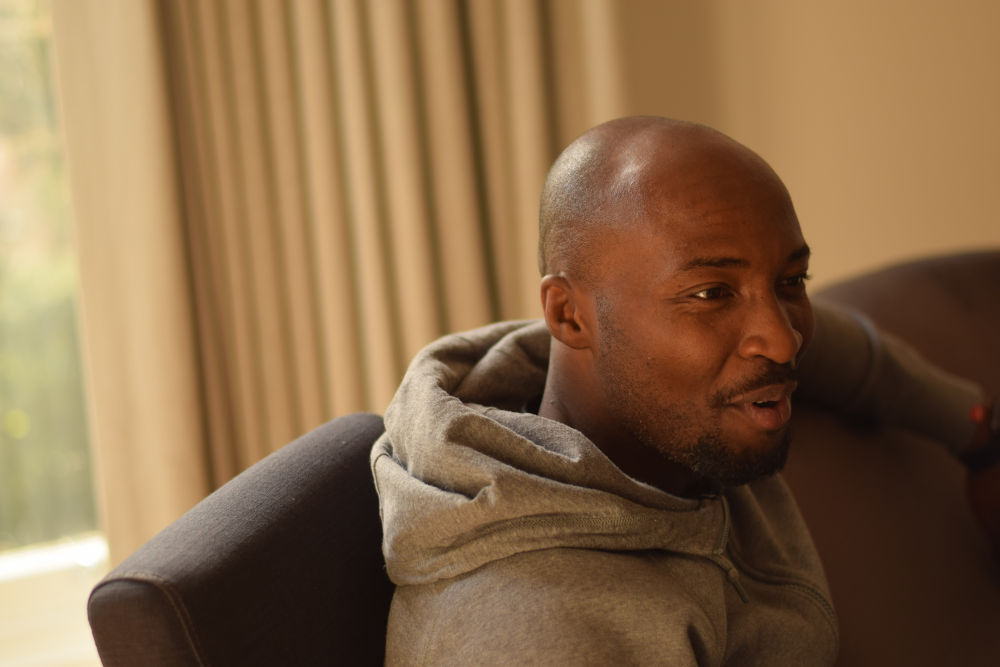
“The coronavirus pandemic and the lockdown of the economy has had a negative impact on the restaurant industry, it is dreadful to think that some excellent restaurants may be forced to close permanently. But I prefer to view the future from a ‘glass half full’ perspective. London is a hub of exciting and diverse food culture and people are always eager and keen to experience something unique or new.
“London restaurants are not standing still. The future will see restaurants offer services that go beyond their restaurant, building into the diner’s home, into their kitchen or dining room. Restaurateurs will have to build closer connections to diners wherever they may be. I suspect customers will now, more than ever, appreciate a high level of personal touch, and hence, independent small restaurants have more opportunity to shine in a post COVID-19 future.”
Mikael Svensson, Kontrast
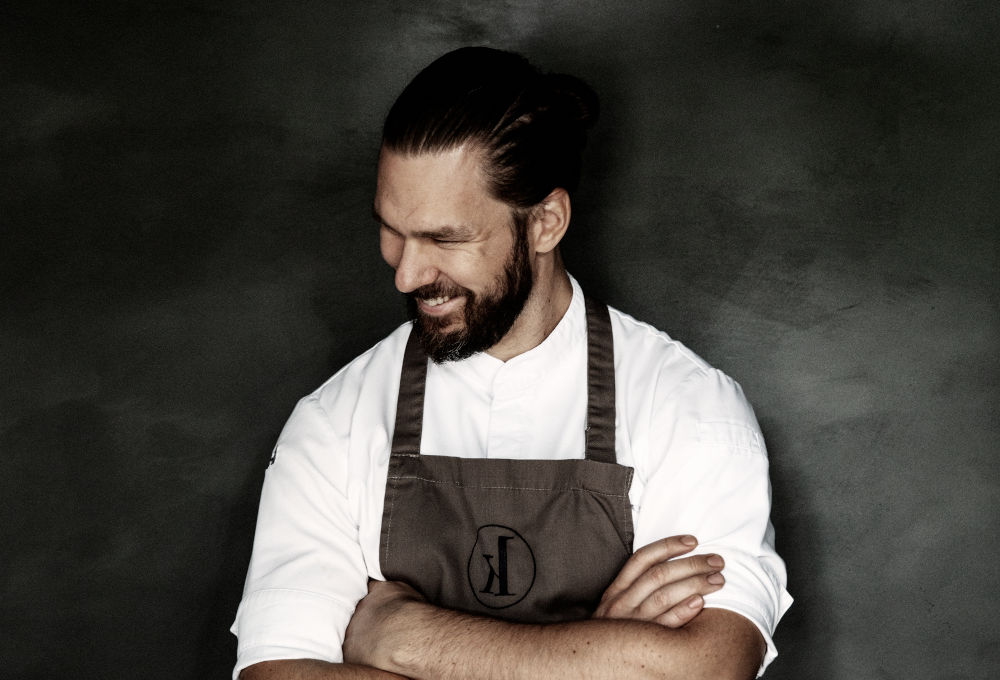
“I believe the future of gastronomy will be a bit smarter. We will need to work more sustainably with the ingredients we have. We will need to become better at taking care of the staff and the working conditions. All of this will generate better results for the owners too, I believe. For the near future, I hope people will visit their local restaurants and support them, especially now when travel and tourism are down. Sometimes we are too eager to travel and visit restaurants far away and forget to visit the ones in our own city.”
Gayle Pirie, Foreign Cinema
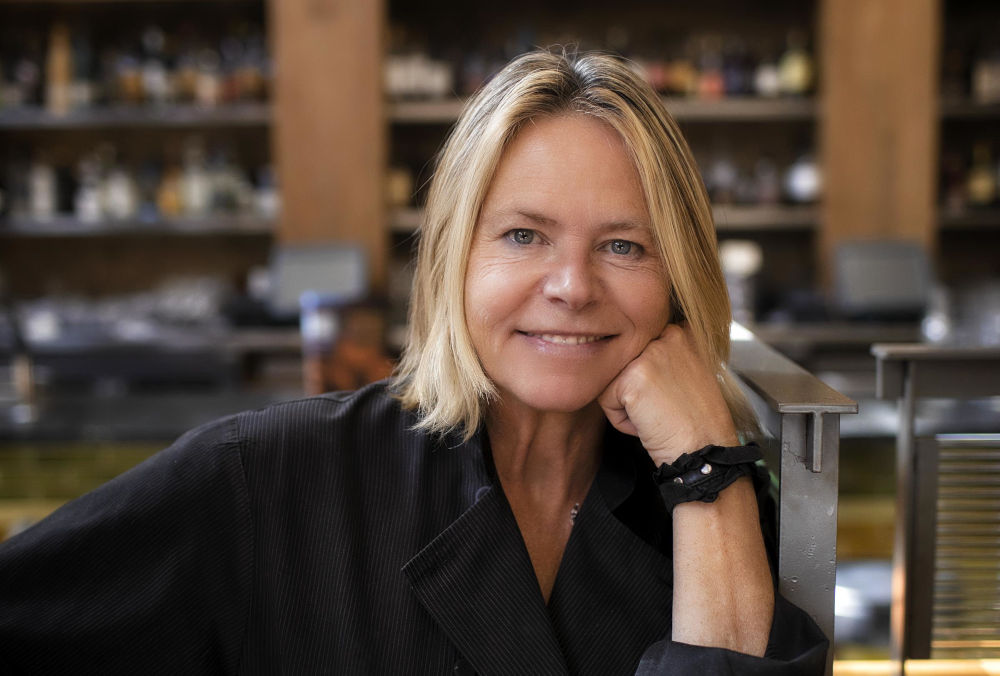
“While it is still very early to know right now, I believe the future of restaurants is truly Darwinian, where the strongest business models survive and businesses that were not in great shape, financially or conceptually before the pandemic, will simply not be able to sustain the long-term changes of the new restaurant world. Spacing requirements, required protective gear, fewer guests, and, more importantly for the time being, a lack of tourism and the loss of private dining, are all very distressing factors for restaurants.
“Safety precautions for clients and employees are the number one goal for operators now and into the future. Keeping a programme playful and nourishing in the midst of all this will be key. A sense of humour and kindness will go far with restaurants, as well as to-go options. These will be key as we build the future.”
Lorena Garcia, CHICA
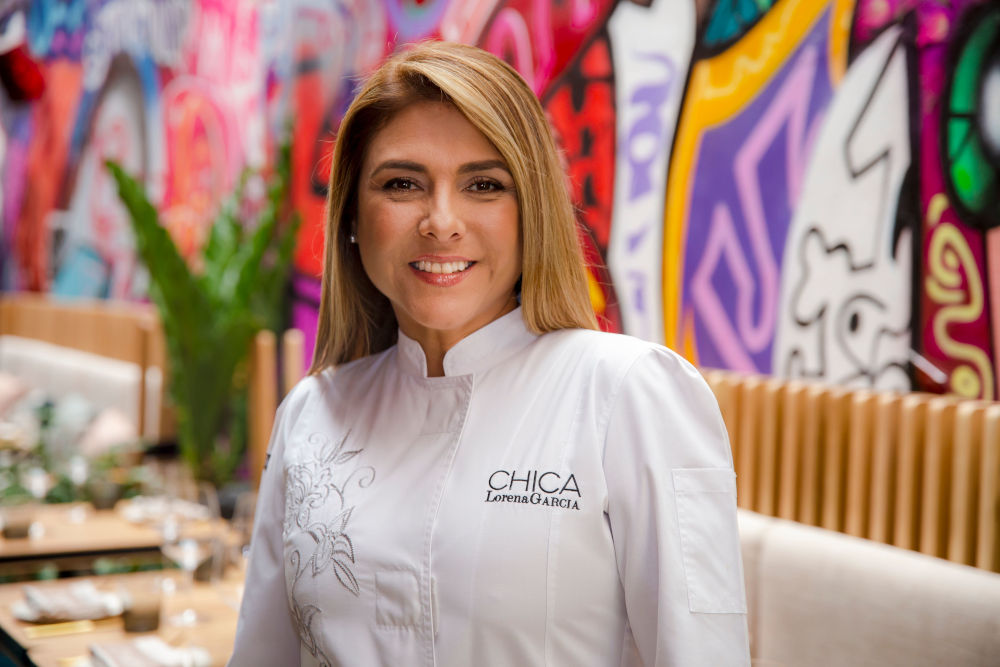
“As we learn and understand more about COVID-19, we continue to implement the safety measures and social distancing advised by authorities. Through this process, we are discovering what the new normal looks like as we get closer to an effective treatment and vaccine. We know that there is a light at the end of the tunnel to this unfortunate situation for the restaurant and hospitality industry. These past few months have shown us how important restaurants are to our society and communities all over the world. I know the industry will come back stronger than ever using the lessons we have learned that will be ingrained in our operations and restaurant culture forever.”
David Moore, Pied à Terre
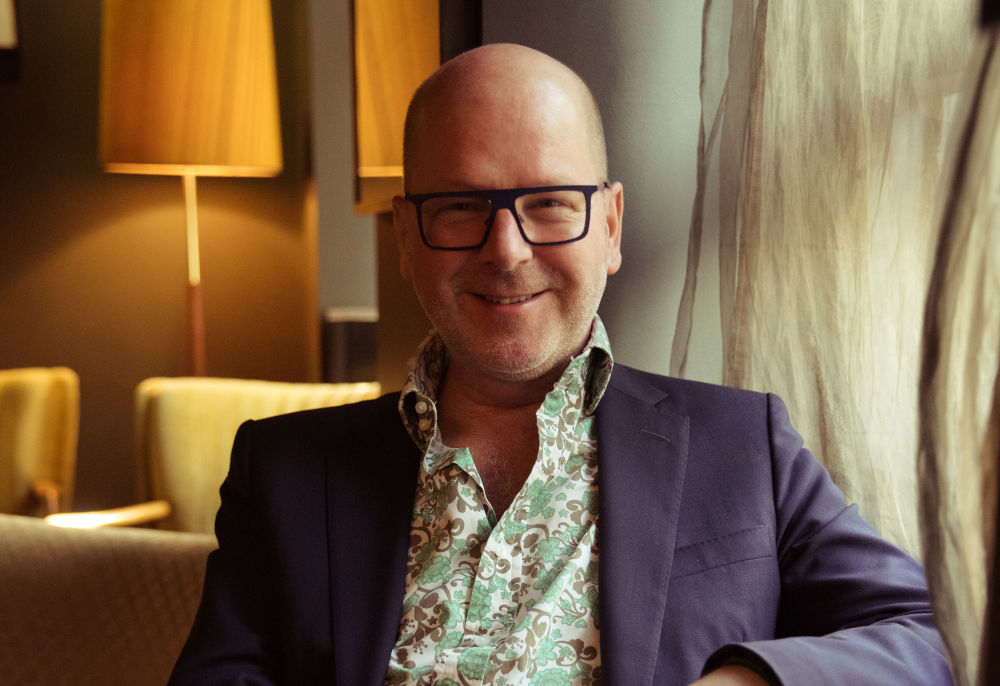
“It’s like looking through opaque glass; you can see the light but not the form. I know there will be restaurants, but what shape and form will they take? The eating out public will have less confidence in certain styles of dining, anything that offers self-service of food, buffet restaurants, or hotel breakfast may be casualties. Other genres that could struggle are sharing plates, tapas, elbow-to-elbow dining, be it a Michelin-starred counter or a stall in a street market.
“Also, bustling communal tables will be a thing of the past and I can see good grounds to criminalise ‘double dipping’, something I am often accused of. In finer dining I believe the casualty will be about choice, from the time you might like to dine, to the selection on the menu, choice will be reduced. I’m hopeful that Michelin fine dining is still the place of choice when it comes to a celebratory or special night out. A restaurant that has stood the test of time and built on years of consistency should have a future, I certainly hope so.”
Niño Laus, Ninyo Fusion, Agimat, Alamat
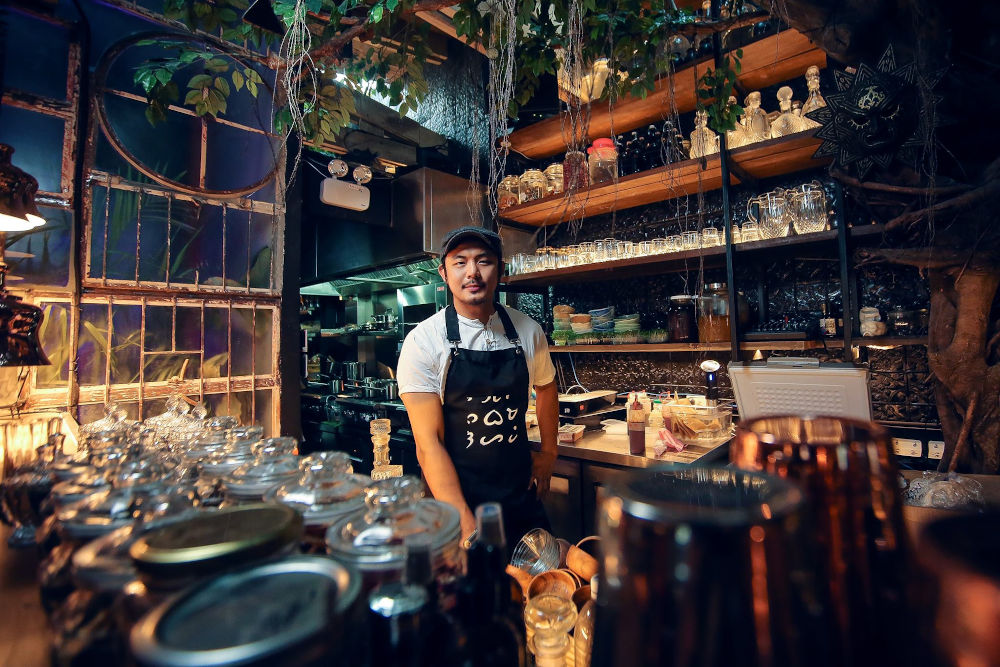
“During quarantine, I have seen restaurants embrace technology through digital ordering, digital payments, and delivery apps. In the new normal, new technology will definitely be one of the biggest factors when restaurants return to dine-in. In my restaurant for example, we have already started using QR codes for health screening forms, menus, and cooking instructions for our ready-to-cook food-to-go. New delivery apps are also popping up every week and we are partnering with those who have the same target market as we do.
I have also heard of new software being developed wherein customers can see real-time verifications on whether workers and owners are complying with mandated guidelines and protocols so that customers will feel more safe and build up their confidence. I think this is a brilliant idea! Hygiene has always been a priority in my restaurant and we have taken extra measures to ensure public safety. How transparent we are to customers will surely play a big role in gaining their trust and confidence.”












